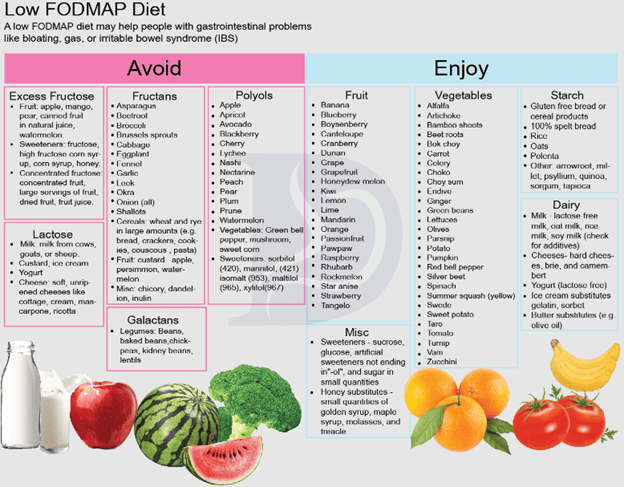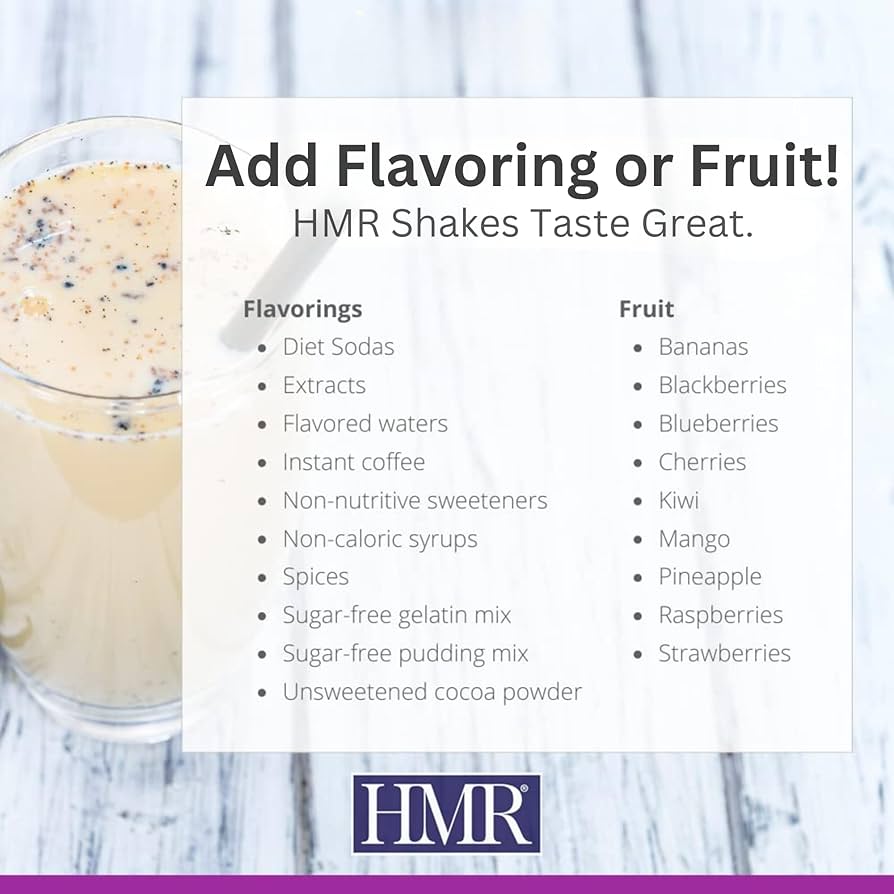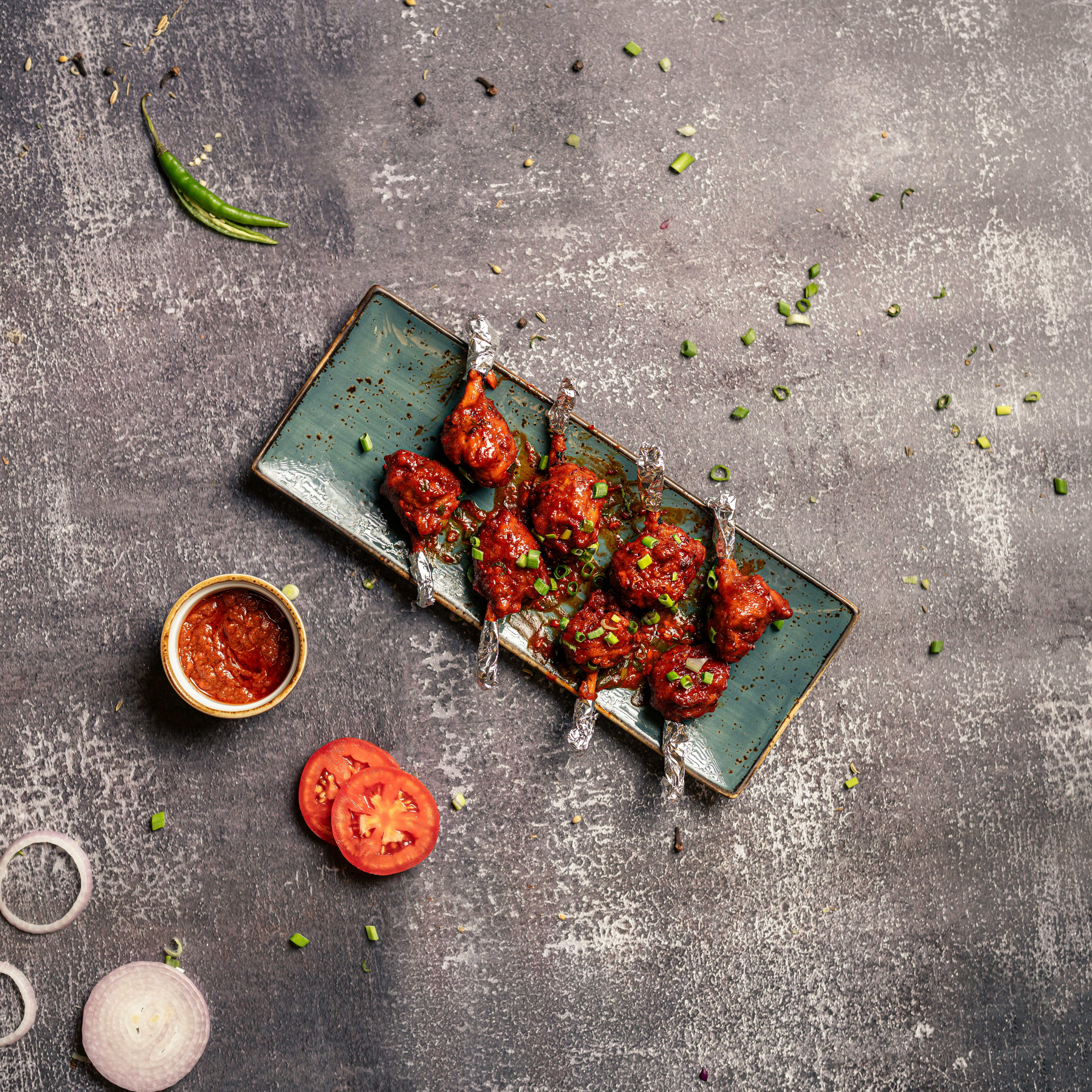
Essential Tips for a Gallbladder-Friendly Diet in 2025
As we move into 2025, maintaining a healthy gallbladder is crucial for overall digestive wellness. With the rise in gallbladder diseases and related health issues, it's essential to adapt dietary habits that cater specifically to gallbladder health. A well-structured gallbladder diet not only supports digestion but also promotes recovery and reduces the risk of complications.
The importance of a gallbladder diet lies in its ability to alleviate symptoms associated with gallbladder inflammation and disease. By incorporating gallbladder-friendly foods and adhering to specific dietary guidelines, individuals can manage gallbladder symptoms effectively. In this article, we present the top five tips that can enhance your gallbladder health while providing delicious meal options for a balanced diet.
We will explore crucial dietary strategies such as incorporating fiber-rich foods, understanding the significance of low-fat options, and selecting the right proteins. Additionally, we'll highlight gallbladder-friendly recipes that can transform your eating habits and support long-term health.
Let’s embark on this journey to better gallbladder health together and discover the best practices that can lead to a happier, healthier you.
Guidelines for Low-Fat Eating
When focusing on a gallbladder diet, the foundation of your food choices should prioritize low-fat options. High-fat meals can trigger gallbladder attacks, leading to unpleasant symptoms like pain and discomfort. Therefore, following a low-fat diet ensures minimal stress on the gallbladder, allowing it to function optimally.
Low-fat foods should include lean proteins such as chicken and turkey, which are easier for the gallbladder to process. Incorporating fish rich in omega-3 fatty acids, like salmon, can provide essential healthy fats while avoiding troublesome fats found in red meats and processed foods.
Another essential element is to embrace plant-based meals. Fruits, vegetables, beans, and whole grains are excellent sources of fiber that contribute positively to gallbladder health. This diet not only helps to manage bile production but also aids in weight management, a critical factor in gallbladder disease prevention.
Be mindful of cooking methods when preparing meals. Opt for steaming or grilling rather than frying foods. Alongside this, portion control is vital; consuming smaller, more frequent meals can assist in better digestion and reduce the load on your gallbladder.
These low-fat eating guidelines lay the groundwork for healthier gallbladder practices that can reduce inflammation and contribute to long-term wellness.
Hydration: The Key to Gallbladder Health
Hydration is often overlooked when discussing dietary practices for gallbladder health, yet it is of utmost importance. Adequate fluid intake aids in digestion, nutrient absorption, and the overall maintenance of digestive wellness. Our body relies on water for the production of bile, which is essential for the breakdown of fats.
Ensure that you are drinking plenty of fluids throughout the day to keep your gallbladder functioning effectively. Water should be your primary drink of choice, but herbal teas can also provide beneficial hydration without irritation. Avoid high-sugar drinks and excessive caffeine as they can exacerbate gallbladder problems.
In addition, try to incorporate foods with high water content, such as cucumbers, watermelon, and oranges, into your snacks. Smoothies made with gallbladder-friendly fruits can also be an excellent way to boost hydration levels while promoting digestion.
Being mindful of your hydration habits not only optimizes gallbladder function but also enhances overall health, proving that even a simple act like drinking water plays a significant role in gallbladder wellness.
Focus on Fiber-Rich Foods
Integrating fiber-rich foods into your gallbladder diet is vital for digestive health and gallbladder functionality. Fiber aids in digestion, regulates bowel movements, and helps to manage cholesterol levels, which is particularly important for gallbladder health.
Foods high in fiber include whole grains such as brown rice and quinoa, legumes like lentils and chickpeas, as well as a variety of fruits and vegetables. Aim for at least 25-30 grams of fiber per day to support bile production and reduce the risk of gallstones.
Fruits such as apples, pears, and berries are excellent choices, providing natural sweetness while being fiber-dense. Vegetables like broccoli, spinach, and Brussels sprouts are also great to include in salads and side dishes.
On the other hand, be cautious of processed or refined foods, as they often lack fiber and can contribute to digestive issues. Gradually increase your fiber intake to prevent gas and bloating, making it easier for your digestive system to adapt to these changes.
By focusing on fiber-rich foods, you not only nourish your gallbladder but also set a strong foundation for a healthy digestive system.
Foods to Avoid for Gallbladder Issues
Understanding which foods to avoid is imperative when managing gallbladder health. Certain types of food can trigger gallbladder pain and exacerbate inflammation. This approach will help you proactively minimize the risk of complications.
Firstly, steer clear of high-fat and greasy foods, such as fried items, fatty meats, and full-fat dairy products. These foods can strain your gallbladder and may lead to gallstone formation. Additionally, sugary treats and refined carbohydrates should be limited, as they can increase the likelihood of gallbladder disturbances.
Highly processed snacks, fast food, and foods rich in artificial ingredients should also be avoided. Instead, focus on whole, unprocessed foods that provide essential nutrients without unnecessary additives.
Furthermore, pay attention to your body’s signals; if certain foods trigger discomfort, it’s best to avoid them altogether. Monitoring how your body reacts to different foods will help you create a personalized gallbladder-friendly meal plan that keeps symptoms at bay.
By eliminating these harmful foods, you’re taking a crucial step towards maintaining good gallbladder health and improving your overall digestive system.
Practical Gallbladder-Friendly Recipes
Incorporating delicious gallbladder-friendly recipes into your diet can make the transition to a healthier lifestyle enjoyable. Here are a few simple ideas that adhere to the dietary principles discussed:
1. **Quinoa Salad**: Combine cooked quinoa with chopped cucumbers, bell peppers, cherry tomatoes, and a splash of lemon juice for an invigorating salad packed with fiber and nutrients.
2. **Baked Salmon**: Season salmon fillets with herbs and lemon, then bake until flaky. Serve alongside steamed vegetables for a meal rich in healthy fats and low in unhealthy options.
3. **Vegetable Stir-Fry**: Sauté a mix of your favorite vegetables such as broccoli, carrots, and bell peppers in a small amount of olive oil. Serve over brown rice for a wholesome dish.
4. **Smoothie Bowl**: Blend frozen berries with a banana and almond milk, pour into a bowl, and top with seeds and a sprinkle of granola for a refreshing breakfast.
5. **Lentil Soup**: Cook lentils with diced tomatoes, carrots, and celery seasoned with herbs. This dish is fiber-rich and incredibly nourishing, providing comfort on cool days.
These gallbladder-friendly recipes showcase how you can enjoy nutritious meals while supporting your digestive health. By focusing on balanced ingredients, you’ll foster a more enjoyable gallbladder diet.


Frequently Asked Questions about Gallbladder Health
What are common symptoms of gallbladder issues?
Common symptoms include abdominal pain, especially on the right side, bloating, nausea, and digestion difficulties. It's crucial to monitor these symptoms and seek medical advice if they persist.
Can a gallbladder diet help in recovery post-surgery?
Yes, after gallbladder surgery, a low-fat diet is typically recommended to aid in recovery. Incorporating easy-to-digest foods while gradually adding fiber can support digestive healing.
How can lifestyle changes improve gallbladder health?
Adopting a balanced diet rich in fiber, staying hydrated, and maintaining an active lifestyle can significantly improve gallbladder function and reduce symptoms.
Are there any supplements that support gallbladder health?
Some supplements like omega-3 fatty acids and herbal remedies, such as milk thistle, may support gallbladder health. Always consult with a healthcare professional before starting new supplements.
What are the best cooking methods for gallbladder-friendly meals?
Healthy cooking methods include steaming, baking, and grilling. These methods help to minimize added fats and maintain the nutrient content of the food.
Taking proactive steps towards managing gallbladder health through diet can lead to significant improvements in well-being. By following these tips and incorporating healthy practices, you can navigate 2025 with a focus on optimal digestive health.